The COVID-19 pandemic has highlighted many flaws in talent acquisition and retention strategies. Companies cannot find suitable candidates to fill positions, yet skilled individuals still need to get a callback after submitting their applications. It’s taking weeks to hire, and managers struggle to keep their best talent. The primary issues include broken acquisition funnels, poor company culture, and unaddressed employee mental health challenges. Three potential fixes include adopting a skills-based framework, addressing equity and justice, and trying novel talent strategies. Companies must take corrective actions now to build a resilient workforce to ensure a successful future.
I used Grammarly GenAI to summarize my article for this introductory paragraph. The rest of the article was written without AI assistance.

What’s Broken About Talent Acquisition?
Acquisition Funnels
First, answer a few questions for me. Do you know what your candidate’s journey looks like? When was the last time you tried to apply for one of your positions? Do you know who are your prospects and leads in the universe of candidates? How long does it take to get someone hired, from when a job opens to the first day? I’m betting the answers make you squirm if you are HR or nodding your head if you are one of those prospective employees. If your company’s sales systems were this broken, spending time and money to fix them would be a top priority. Get finance’s attention on how much profit is bleeding away from this problem before it becomes an existential crisis.

Culture
Second, if your employees aren’t enthusiastic about working in your company, you are missing out on their best efforts and a stream of referral candidates that money can’t buy. Or perhaps your culture is set in behavioral habits of the 20th century, resistant to change and struggling to understand the values and priorities of a broader range of candidates. Your culture is indeed broken if you don’t think anything is wrong with your talent acquisition systems. If trust is an issue, you’ll never hear about these flaws from those who know best – your current employees.

Employee Mental Health
Third, ICYMI, the pandemic had a significant negative impact on our mental health, though concerns were circulating before 2020. [1, 2] Frontline health workers have been massively impacted, [3] but anxiety, depression, and burnout continue to affect employees from a broad demographic. Mental health benefits aren’t cutting it – your team wants a healthy work culture (see #2 above). Psychological safety has taken a nosedive, and leaders demanding a return to the office without considering their employee’s input is just the tip of the iceberg. These issues disproportionately affect workers from historically marginalized identities and backgrounds. [4] That’s one reason your DEIBJ efforts may struggle (see acquisition funnels and culture above).

Three (Not Quick) Fixes for Talent Acquisition and Retention
Change to A Skills-Based Framework
When you start with years-old job descriptions in your search process, you are already killing any chance of finding top talent. Abundant research shows that skills are more important than degrees or experience in similar roles. Organizations that use skills as the basis for their talent acquisition and development outperform their peers and retain top talent. Your leadership thinks they have a skills-based organization. Still, your employees think otherwise and prefer one. [5] Skills-based hiring and development practices are well-developed, and there are practical steps organizations can take quickly to shift into this mindset. The journey starts with evaluating your company’s maturity level and readiness and engaging leadership in the language of skills-based practice (try reference [6] as a starting point). Organizations like Jobs for the Future [7] offer free or low-cost training and tools and can connect you with practitioners for advice on getting started. Start small – selecting one functional area and piloting a program will let you build internal capacity and adjust for unexpected challenges or pleasant surprises.

Address Equity and Justice
Companies making meaningful investments in diversity, equity, inclusion, belonging, and justice see improvements in employee satisfaction and trust. Mental health is a DEIBJ issue, so don’t scale back your work here, even though it may be difficult. Such work must be accompanied by improvements in meeting employees’ core needs, building knowledge and skills, and your company’s strategy, systems, and policies to deliver lasting change in individual and team mental health. [4] Check out the Mind Share Partners website for a few excellent resources. [8]

Try Some Novel Ideas
Consider using the strategies adopted by Work Innovator Companies. Last year, the Upwork Research Foundation found these high-performing companies had three key attributes: they put new technology to work in their companies, incorporated flexible talent options in their culture, and successfully created distributed team best practices. [9] For example, these companies are actively engaging with and finding ways to use gen AI effectively in the workplace at all levels. They pursue profound organizational change to implement adaptive management to work with diverse talent types, matching the specific task with the best people and using freelance talent effectively. And they are not afraid of hybrid workplaces, maximizing the productivity of distributed teams with new practices and updated procedures. Leaders in Work Innovator Companies are more confident, feel they work on highly effective teams, and are satisfied with their organization’s financial performance compared to their peers in other companies. Notably, more of these companies saw a substantial increase in revenue than their peers.
Evidence backs up my observations on what’s broken in talent acquisition and retention. The question is, what are you willing to do about it? If you don’t believe me, test your systems by asking a few observers to try applying and interviewing your hiring managers. My bet is you’ll be shocked by the answers enough that you feel compelled to start the challenge of fixing your company’s talent practices.

References
[1] Wong, B. et al., “2023 Mental Health at Work Report.” Mind Share Partners in partnership with Qualtrics. Accessed February 9, 2024. .https://www.mindsharepartners.org/mentalhealthatworkreport-2023
[2] Gramlich, J. “Mental health and the pandemic: What U.S. surveys have found [online article].” Pew Research Center, March 2, 2023. Accessed February 9, 2024. https://www.pewresearch.org/short-reads/2023/03/02/mental-health-and-the-pandemic-what-u-s-surveys-have-found/
[3] Grünheid T, Hazem A. Mental wellbeing of frontline health workers post-pandemic: lessons learned and a way forward. Front Public Health. 2023 Jun 19;11:1204662. doi: 10.3389/fpubh.2023.1204662. PMID: 37404276; PMCID: PMC10315458. Accessed February 9, 2024. https://www.ncbi.nlm.nih.gov/pmc/articles/PMC10315458/
[4] Wong, B., et al. (2023). 2023 Mental Health at Work Report. Mindshare Partners in partnership with Qualtrics. Accessed February 9, 2024. https://www.mindsharepartners.org/mentalhealthatworkreport-2021
[5] Cantrell, S., et al. (2022). Building tomorrow’s skills-based organization: Jobs aren’t working anymore. Deloitte. Accessed February 9, 2024.
[6] Ward, C., Newsome, D., Jackson, S., & Kaplan, J. (0223). Skills-Based Practices: An Employer Journey Map. Accessed February 16, 2024. https://www.jff.org/wp-content/uploads/2023/11/Skills-Based-Talent-Practices-an-Employer-Journey-Map-JFF.pdf
[8] https://www.mindsharepartners.org, accessed February 9, 2024.
[9] Upwork Research Institute, “Reinventing Work: Unveiling the Work Innovator’s Blueprint for Success.” November 2, 2023. Accessed February 9, 2024. https://www.upwork.com/research/work-innovator-report/2023
If you enjoyed this article and would like to read more by Katrina, sign up for her newsletter.
